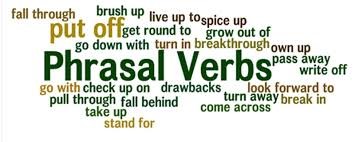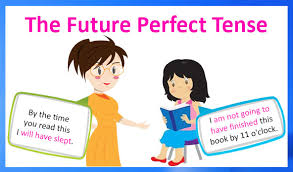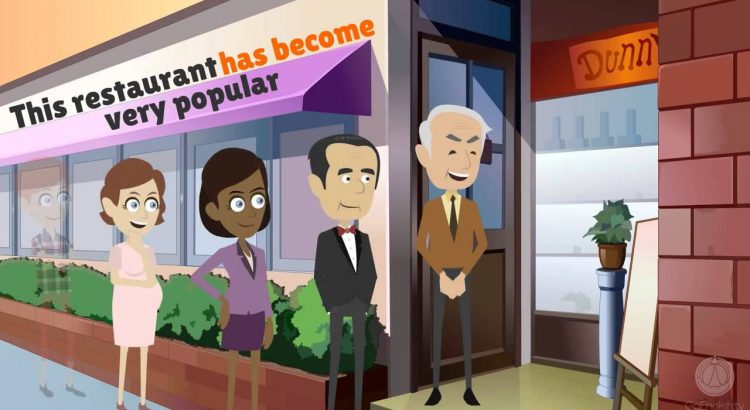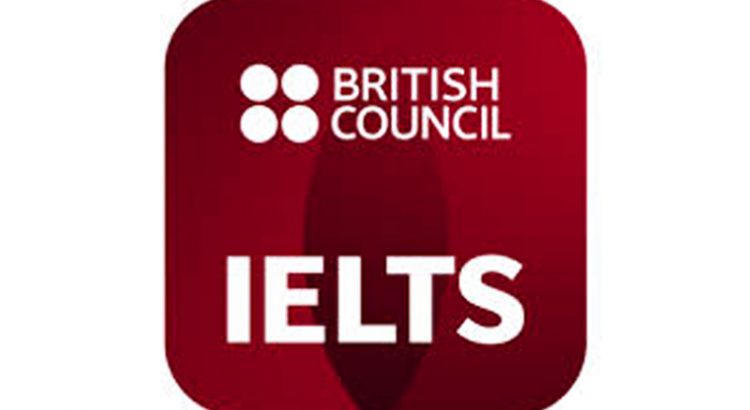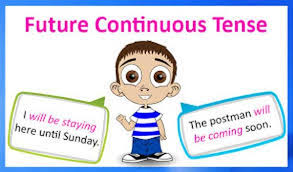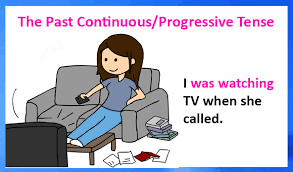- All in all: When everything is considered
All in all, it was a great experience staying at this holiday resort.
- (Cost/pay) An arm and a leg: to cost/pay a lot of money
The lawsuit cost an arm and a leg to the company and it has impacted the profitability.
- Back and forth: from one place to another and back again repeatedly
She was quite worried and clueless; walking back and forth in the lobby with no idea what exactly she wanted.
- Beg, steal or borrow: to do whatever is necessary to get something
The moment any politician realizes having lost ground before the election, they scramble to beg, steal or borrow to appease them.
- (in) Black and white: in a way that makes people or things seem completely bad or good, or completely right or wrong
I understand that this is not a black-and-white decision for anyone to make (= where the difference between two choices is completely clear)
It certainly is a complex issue for us, but our boss only sees it in black and white.
- Born and bred: born and having grown up in a particular place with a particular background and education
I am born and bred in Chandigarh. So, you will see a lot of connection with typical Punjabi in me.
- By and large: used when you are saying something that is generally, but not completely, true
By and large, Michael’s endeavors to reach out to the clients was not a futile exercise. He did win the confidence of them, and our team escaped from losing this project.
- By hook or by crook: using any method you can, even a dishonest one
Sportsmanship does matter in any game and the world has always booed those players who want to win the game by hook or by crook.
- Culture vulture (noun, humorous): a person who is very interested in serious art, music, literature, etc.
There is always something to satisfy the thousands of culture vultures who descends in the city of Ahmedabad.
- Done and dusted: completely finished
The last-moment flurry of activities means that he will have some loose ends to tie up on this weekend, and that is his job done and dusted and right on the track and schedule.
- Down and out: without money, a home or a job, and living on the streets
I really did not like the climax of that movie, because it is hard for the audience to see the lead hero down and out. People are generally interested to see a happy ending along with the journey of surprises. But that was not the case.
- Down and out: certain to be defeated
In the first forty hours, everyone felt that India was down and out against its arch-rival, but Dhoni came and changed the tempo with the furry of sixers. And guess what? We won the match with three balls to spare.
- Far and away (followed by comparative or superlative adjectives): by a very great amount
Virat Kohli is far and away the best batsman of this era.
- Far and wide: over a large area
The police officers cordoned the area and search for terrorists far and wide in the Kashmir valley. Eventually, success touched their feet after two days.
- First and foremost: more than anything else
First and foremost, we all need to reach the root of the cause in order to address this issue precisely or we will end up wasting our time.
- Flesh and blood: when you say that somebody is flesh and blood, you mean that they are a normal human with emotions, needs, and weakness
A good businessman considers the customer is flesh and blood, not just a sales statistic or a target to meet.
- Your (own) flesh and blood: a person that you are related to
Putting his own father in jail? That was really cruel. How could Aurangzeb do this to his own flesh and blood?
- From rags to riches: from being extremely poor to being very rich
It is a classic learning tale of rags to riches.
- Give or take: if something is correct to give or take a particular amount, it is approximately correct
It will cost you around $500, give or take $10 dollars or so.
- Good and proper: completely; thoroughly
Congratulations! You have messed up all good and proper (sarcastic tone).
- High and mighty: behaving as though you think you are more important than other people
It is a little easy to come on high and mighty over stealing and morality when you have never experienced poverty to death.
- High and dry: in a difficult situation, without help or money
She will never object to his husband’s condescending attitude because he helped her high and dry before they got married. She always sees him as an angel.
- Hustle and bustle: a large amount of activity and work, usually in a noisy surrounding
You know why I love living in the countryside because I hate the city’s hustle and bustle.
- In black and white: in writing or in print
There is everything in black and white when you read the agreement.
- Law and order: a situation in which people live obey the law and behave in a peaceful way
Law and order is worsening every day. It is sad to see young girls being raped everywhere. Although I have done nothing wrong, I feel ashamed of being a part of this shameful society.
- Let bygones be bygones: to decided to forget about disagreements that happened in the past
I guess it is time for us to come to the ground of reconciliation or we will keep on bleeding each other for the years come. I urge you, “Let bygones be bygones.”
- Little by little: slowly; gradually
Charismatic leaders may not rise overnight, but their consistent efforts take them to their destination little by little.
- Live and learn: used to say that one has learned something from an experience that is surprising and usually unpleasant
If I go back in my life, I guess I could have done a lot many things and I would have also not done certain things, but you live and learn.
- Loud and clear: in a way that is very easy to understand
I hear you loud and clear.
- Mumbo jumbo: language or ceremony that seems complicated and important but is actually without real sense or meaning; nonsense
To her naivety, Rebecca could not comprehend a maze of dense and mumbo jumbo legal terms and ended up losing plenty of money.
- No ifs and buts: no uncertainties or doubts
I want no ifs and buts, just get your acts together. I want to see this report on my table tomorrow morning.
- Not in any (in no) way, shape or form: under any circumstances or conditions
- Now and then: from time to time; occasionally
Now and then when I see her face, she takes me away to that special place and if I’d stare too long, I’d probably break down and cry. (sung by the band, Guns & Roses – Sweet Child of Mine)
- Now or never: this is the only opportunity somebody will have to do something
You’ve got to decide now. It now or never!
- Odds and ends: small items that are not valuable or are not part of a larger set
Before I move to Canada, I have plenty of odds (=small jobs) and ends to do.
- Part and parcel: an essential part
Professional hazards and negligence are part and parcel in life, but it is not acceptable.
- Pride and joy: someone or something that makes someone very proud and happy
Our kids are our pride and joy. Life without them is incomplete.
- (the) Pros and cons: the advantages and disadvantages of something
The company weighed upon the pros and cons of this proposal and finally decided against it.
- Pure and simple: used after the noun that it refers to in order to emphasize that there is nothing but the thing you have just mentioned involved in something
It is negligence, pure and simple.
- Rise and shine: wake up and get out of bed promptly
Rise and shine tomorrow, my son. It is your graduation ceremony time.
- Rough and ready: crude but effective; (of a person or place) unsophisticated or unrefined
The way he trains is rough and ready, but we have not seen any better trainer than him to date. Maybe he is not the first choice for our team!
It was a rough-and-ready guide to our training module.
- Safe and sound: you say that someone is safe and sound when they are still alive or unharmed after being in danger
All his mother was hoping for was that wherever his son was he would come home safe and sound. To her disappointment, it was not the case. You cannot take control of your own destiny, can you? – that was the morale of the tale.
- Short and sweet: pleasant but not lasting a long time
Listen, buddy, I am running late so I don’t have enough time to explain it in detail. Therefore, I will make it short and sweet.
- Sick and tired: bored to the point of weariness
Joanna’s erratic behavior makes everyone sick and tired in our team. I think she will have to go now. Enough is enough!
- Sink or swim: to be in a situation where you will either succeed by your own efforts or fail completely
You have only two days to prepare well for the IELTS exam. Sink or swim.
- (a) Song and dance: if you make a song and dance about something, you complain or talk about it too much when this is not necessary
I agree with you that some people are oversensitive and others are just as indifferent. Both types are as good as nothing because the oversensitive has a tendency of making a song and dance while the indifferent enjoys the best of brazenness in all aspects.
- Sooner or later: at some time in the future, even if you are not sure exactly when
Mark my word; you will realize your folly sooner or later. Their family has no conscience and will do anything for money.
- Spick and span: neat and clean
- Step by step: so as to progress gradually and carefully from one stage to the next
- Take it or leave it: 1. used to say that you do not care if somebody accepts or rejects your offer 2. used to say that somebody does not have a strong opinion about something
- (the) The nitty-gritty: the basic or most important details of an issue or a situation
- Through thick and thin: even when there are problems or difficulties
- Time after time: often; on many or all occasions
- Time and time again: often; on many or all occasions
- Tit for tat: a situation in which you do something bad to somebody because they have done the same to you
- Tom, Dick, or Harry: any ordinary person rather than the people you know or people who have special skills or qualities
- (fight) Tooth and nail: to fight in a very determined way for what you want
She was all determined to fight her case tooth and nail.
- Tried and tested/trusted: that you have used or relied on in the past successfully
People in India generally give the first preference to Maruti Suzuki cars as they are tried and tested.
- Ups and downs: the mixture of good and bad things in life or in a particular situation or relationship
It was a plain story, missing the real ups and downs of life. Maybe this story could be liked by children, but it surely is not meant for adults.
- Wear and tear: the damage to objects, furniture, property, etc. that is the result of normal use
No insurance policy can cover damage caused by any type of wear and tear so what you are expecting is something unacceptable.
- Wine and dine: to go to restaurants, etc. and enjoy good food and drink; to entertain somebody by buying them good food and drink
My city offers many amazing opportunities for wining and dining these days.

